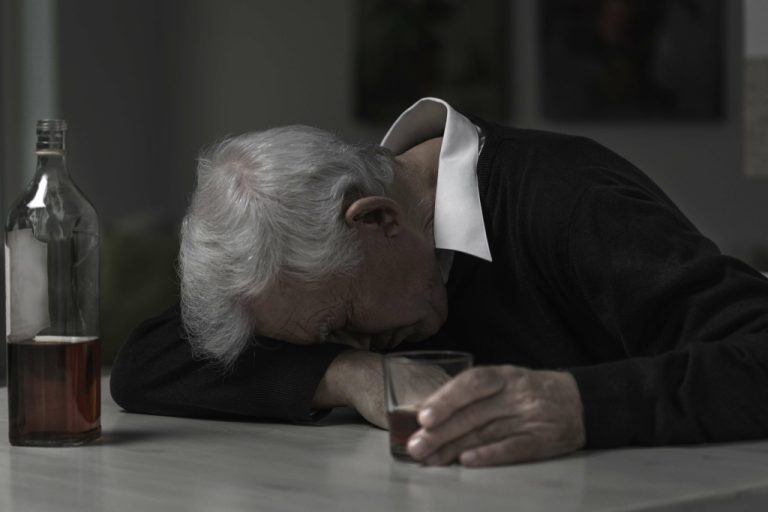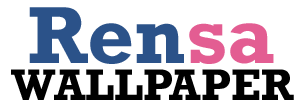Like many other medical conditions, evidence-based treatments are available for OUD, but seeking treatment remains stigmatized. Stigma can be a major barrier to how well prevention and treatment programs work against the opioid crisis. People with OUDs often require treatment to recover from heroin addiction. Treatment can alcoholism include a combination of medication, therapy, and support groups. Heroin is a highly addictive drug that some people use for recreational purposes.

Heroin Detox: What to Expect

Medical detox in a supervised setting can help manage symptoms safely, reducing discomfort and the risk of relapse. Recovery is a lifelong journey, and ongoing support is essential. heroin addiction treatment Our recovery centers offer resources, education, and community programs to help individuals sustain sobriety and navigate life after treatment. Heroin addiction is a serious public health issue that affects people across the world. Heroin is a highly addictive opioid, made from morphine, that produces intense euphoria.
Drugs, Brains, and Behavior: The Science of Addiction
Maintenance treatment for heroin addiction often tapers off these medications very slowly to avoid withdrawal pain. Quitting heroin and getting into heroin treatment is a big decision, but it’s also a big step forward to a healthier life. Quitting heroin may even seem impossible at times, but there are several treatments for heroin addiction that are designed to help someone quit heroin. For people with addictions to drugs like stimulants or cannabis, no medications are currently available to assist in treatment, so treatment consists of behavioral therapies. Treatment should be tailored to address each patient’s drug use patterns and drug-related medical, mental, and social problems. Understanding heroin addiction treatment can be difficult for individuals to wrap their head around.
Find a provider
- The severity of these symptoms depends on factors like your genetics, the amount of heroin you use, and how long you’ve been using it.
- Three U.S. Methadone, buprenorphine, and naltrexone are commonly used FDA-approved medications to treat this disorder.
- Your therapist or licensed counselor can help you locate a self-help support group.
- There are a number of medication replacement programs that provide patients with a way of overcoming heroin addiction without having to completely give up opiates.
Here are some commonly asked questions to guide you through the recovery process. Recovery doesn’t end after detoxification and rehab — ongoing support is key to staying sober and preventing relapse. Aftercare programs provide guidance, structure, and community support to help individuals adjust to life after treatment. A Partial Hospitalization Program (PHP) offers intensive treatment while allowing individuals to live at home or in a sober living environment. This program includes medical monitoring, therapy sessions, and medication management for several hours a day, typically 5-7 days per week.
- Hypoxia may lead to brain damage, coma, and in some cases, death.
- Your medical team can help you find the treatment plan that works best for you.
- These steps support your body’s detoxification and reduce the severity of withdrawal symptoms.

